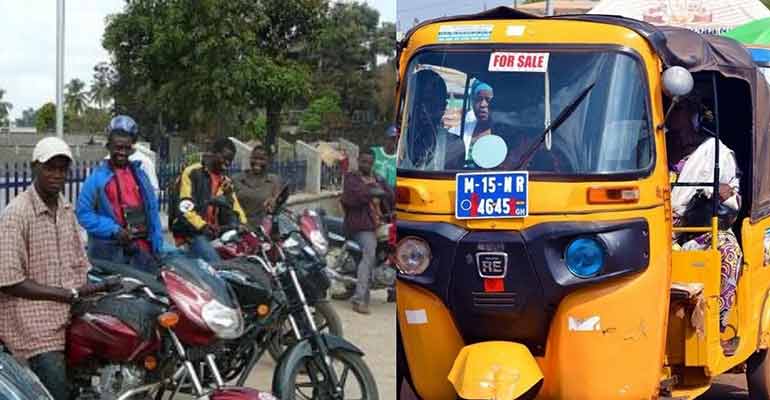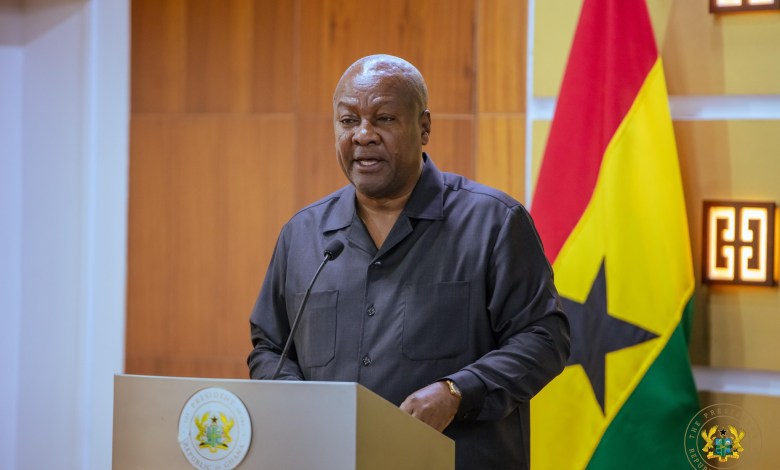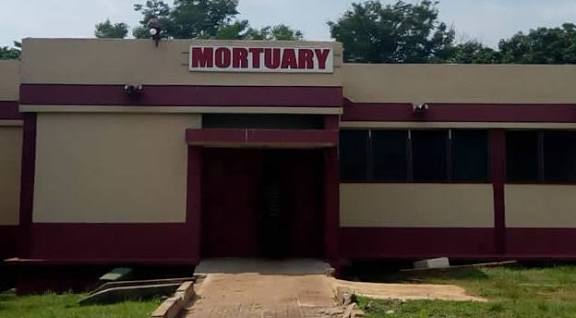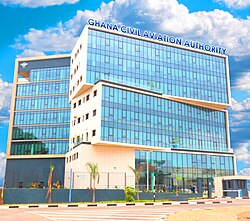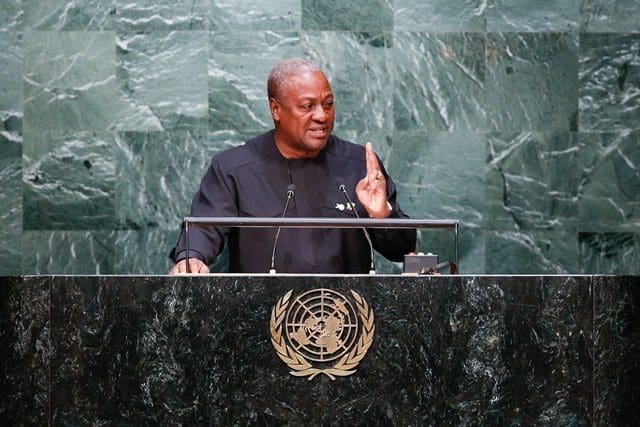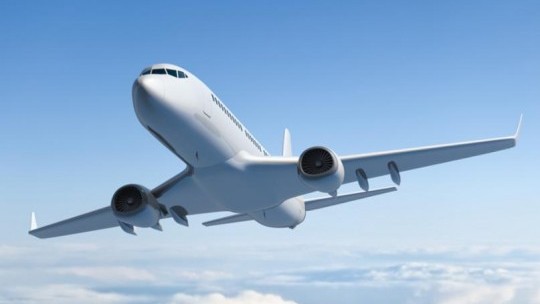Ghana’s motorcycle and tricycle transport sector is renewing calls for urgent legal recognition, as industry leaders cite the segment’s growing role in youth employment and community safety.
The National Union of Tricycle Operators of Ghana is pressing the government to fast-track legislation to formally regulate “Okada” (motorcycle taxis) and “Kambu” (tricycles), which currently operate in legal limbo across much of the country.
At a public forum in the Upper West regional capital of Wa last Thursday, National Union Chairman Hamza Hafiz underscored the economic and social impact of the sector. “The legalisation of tricycle and motorcycle services is not just a matter of formality — it is a safeguard for livelihoods and a stabilizing force in many communities,” Hafiz said.
He urged the administration of President John Dramani Mahama to expedite the regulatory process. “We trust in government’s intentions, but silence and delay only compound the sector’s vulnerabilities,” Hafiz told a crowd of operators.
The Union, which is conducting a nationwide sensitisation campaign, has been educating riders on the anticipated compliance requirements while also mobilising grassroots support to demonstrate sector readiness.
Local tricycle operators in Wa voiced frustration with what they describe as inconsistent enforcement and police interference, including the dismantling of informal parking hubs. “When our National Union visited, they addressed nearly all our concerns,” said Mr. Sabogu, head of the regional chapter. “If the government accelerates this program, it will go a long way to resolve these ongoing issues.”
For many in the north, the stakes are high. Operators say the tricycle business has become a vital source of employment, particularly for young men previously susceptible to crime and substance abuse. “Before Kambu, youth were idle — drinking, stealing, even attacking women returning from the market,” one operator recalled. “Now they’re earning a living. Crime has dropped significantly.”
Despite repeated calls from stakeholders over the past several years, the government has yet to introduce a comprehensive framework to legalize the sector. Industry leaders argue that such a move would reduce friction with law enforcement, improve road safety, and formalize an economic activity that supports thousands.
While the political calculus around Okada and tricycle legalization has been sensitive — with concerns about road safety and regulation — pressure is mounting for action as unemployment persists and informal transport continues to fill gaps in Ghana’s public infrastructure.



